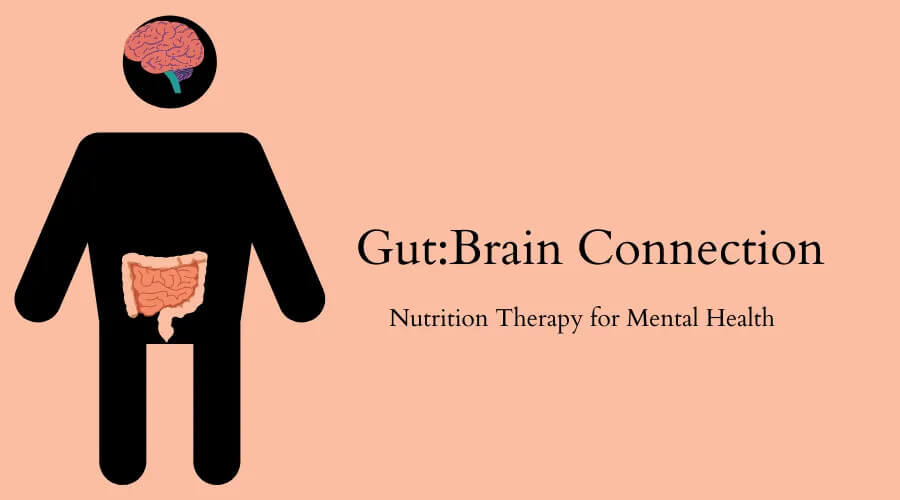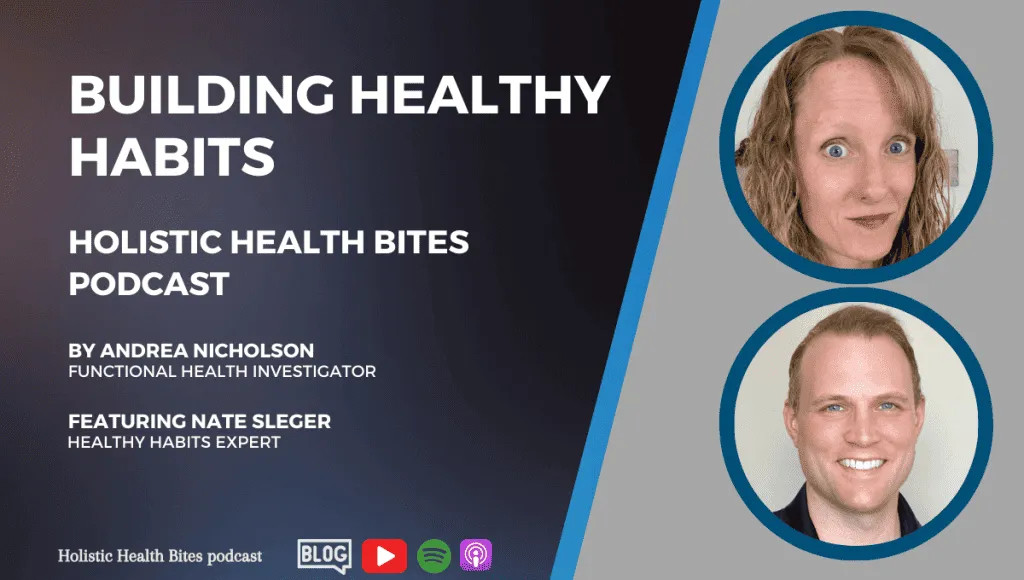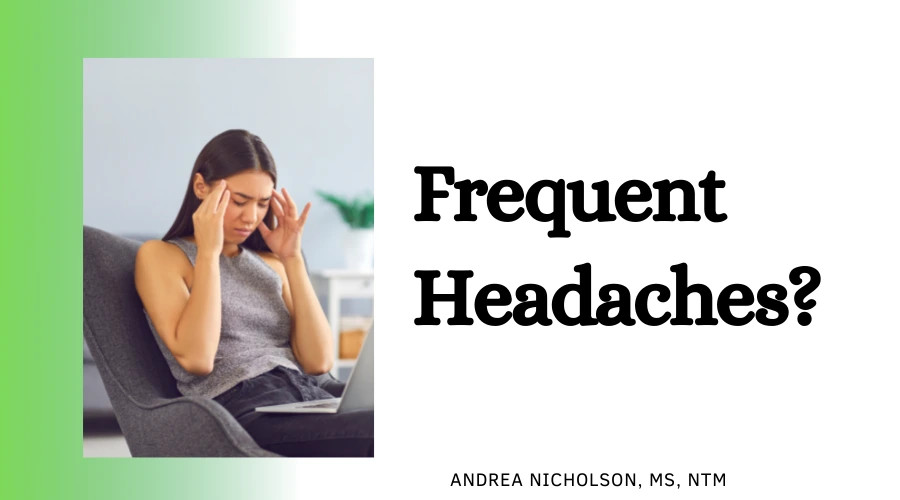
The profound connection between digestion and depression, anxiety, and mood disorders which is why the gut is considered the second brain. Holistic approaches for mental health:
There is a large relationship between mental health problems and digestive disorders – for example, anxiety is five times higher in individuals with irritable bowel syndrome (IBS) than in those with no IBS symptoms. The reverse is also true – among anxiety sufferers, rates of IBS and other functional gastrointestinal disorders are four times higher.
Sleep disorders also have a connection to mental health disorders – both sleep disturbance increasing the likelihood of mental health challenges and mental health challenges contributing to sleep disturbances.
How common are mental health disorders?
- 20% of the American population takes psychiatric medications (steadily increasing every year).
- 25% have been diagnosed with depression (though this is likely much lower than the portion who suffer from depression but aren’t diagnosed). Depression is the leading cause of disability in the US.
- 18% have been diagnosed with anxiety (again this is likely much lower than the real number of those who suffer from anxiety)
- 2-7% have been diagnosed with bipolar disorders
- ~2% have been diagnosed with obsessive-compulsive disorder
What is the connection between depression, anxiety, and mood disorders and digestion?
The human digestive system is a complex, highly integrated part of the central nervous system. It does not operate independently from the brain and it’s important to understand that there are many ways in which your gut can affect your mental health.
You’ve likely experienced “butterflies” in your gut when you’re nervous. This is one obvious sign of the gut-brain connection. Your brain says you’re nervous, and your gut feels it. We also refer to our gut when making decisions – we have “gut reactions” and “gut instincts”. The digestive system is filled with nerve connections that signal actions by the brain.
Another major connection between the digestive system and mental health is neurotransmitter production. Did you know that 50% of the body’s dopamine and 95% of the body’s serotonin is made in the gut? This is a significant contribution (or lack thereof) to proper mental health functioning and further supports digestion being the first healing priority for all health outcomes!
Digestion and Mental Health
When we talk about the gut, we’re talking about both the physical function of the organs and the composition and health of your microbes.
Digestive function entails proper mechanical and chemical digestion of foods taken in. No matter how clean your diet is, if you aren’t properly breaking down the foods, you can’t absorb the nutrients which are necessary to build hormones, enzymes, neurotransmitters, tissues, and cells! Without proper absorption, these foods can cause inflammation and contribute to disease. Poor digestive functioning can result in digestive symptoms (bloating, gas, diarrhea, constipation, stomach pains, etc), but it can also show up as skin issues, fatigue, joint pain, allergy symptoms, and more.
You also need a healthy microbiome – made up of the right kinds of microbes in the right portions, without the presence of pathogens, parasites, and opportunistic microbes. These microbes help bolster your immune system, aid in digestion and absorption of nutrients, synthesize vitamins and neurotransmitters, and they signal your cells to take specific actions. Without these proper microbes, not only will your mental health suffer, but so will your immune system, hormones, energy metabolism, nervous system, and every other aspect of your body.
To fully evaluate how well your gut is functioning, I highly recommend functional testing. This provides hard data on what is going on with your unique system and can help identify the most efficient way to remedy the imbalance. Why guess at the strategy when you can assess!?
Holistic Approach for Mental Health
Any true holistic approach takes into account nutrition (everything you put in and on your body), lifestyle (stress, sleep, exercise, sunshine), and inner work (thoughts, beliefs, attitude, and emotions). Nutrition therapy is just this type of holistic approach.
Nutrition strategies:
- Reduce or eliminate simple sugars and refined carbohydrates
- Ensure adequate intake of omega 3 fatty acids (specifically from cold water fatty fish)
- Avoid gluten-containing grains and limit overall grain consumption
- Limit or avoid casein-containing dairy products (especially refined products that use refined casein-protein
- Limit omega 6 fatty acid consumption (vegetable oils like canola, sunflower, safflower); focus rather on nuts, seeds, and natural sources
- Focus on quality proteins, healthy fats, non-starchy vegetables for the bulk of your foods
Lifestyle strategies:
- Move your body daily – walking, aerobics, strength training, flexibility training, hiking, dancing – it all counts!
- Don’t overtrain – while exercise is good, more isn’t necessarily better and can contribute to stress on the body
- Prioritize quality sleep and strive to improve any sleep issues
- Get outdoors every day for 30 minutes for fresh air and sunshine – even if its cloudy or cold
- Reduce stress where possible and prioritize healthy stress management habits
Inner work:
- Prioritize practicing gratitude every day (journaling, prayer, verbal)
- Pay close attention to your thoughts – they can sabotage you, but they can be changed! Your thoughts cause your feelings which cause your actions (or inactions) – they’re critical to your success!
- Seek help for significant traumas you’ve experienced – counseling, EMDR, and therapy are all great supportive therapies to deal with past issues. This is especially important if you experienced childhood trauma.
- Take the ACE quiz to assess your adverse childhood trauma (you might be surprised!).
Mental health disorders and challenges are on the rise. Just because they’re common, doesn’t mean they’re normal. It is vital that you not ignore these issues, but know that they can in many cases be improved or eliminated.





















0 Comments